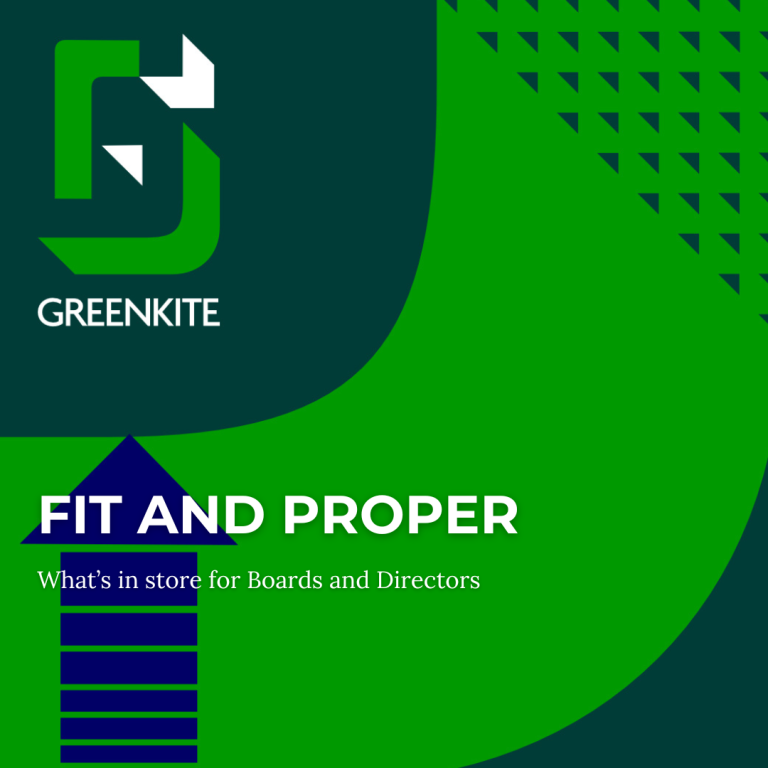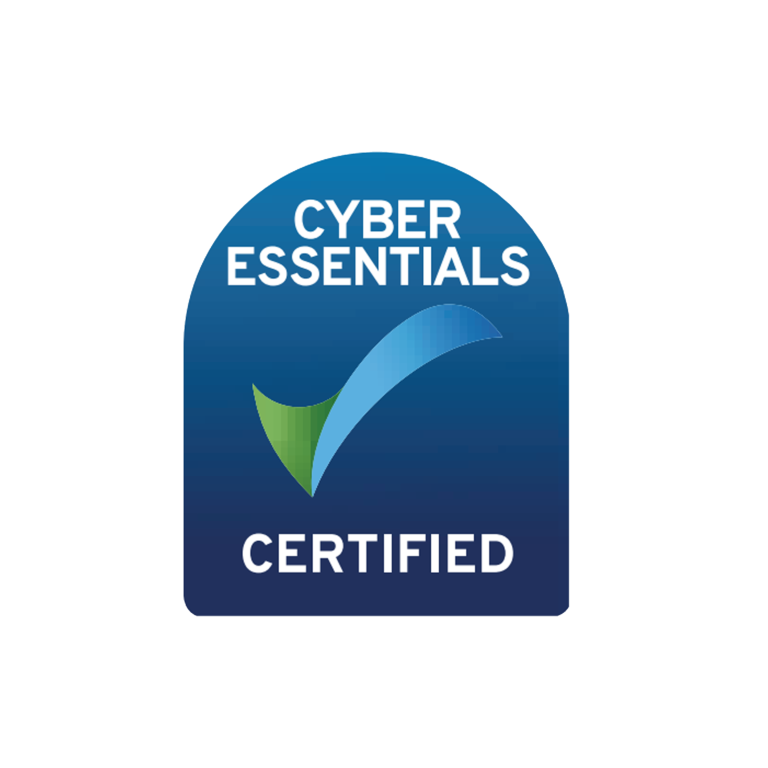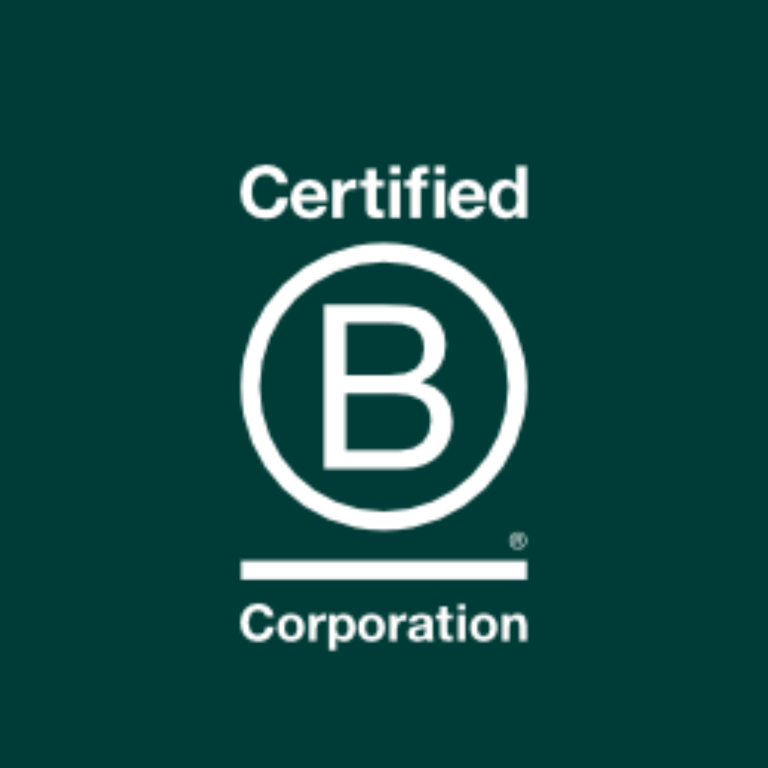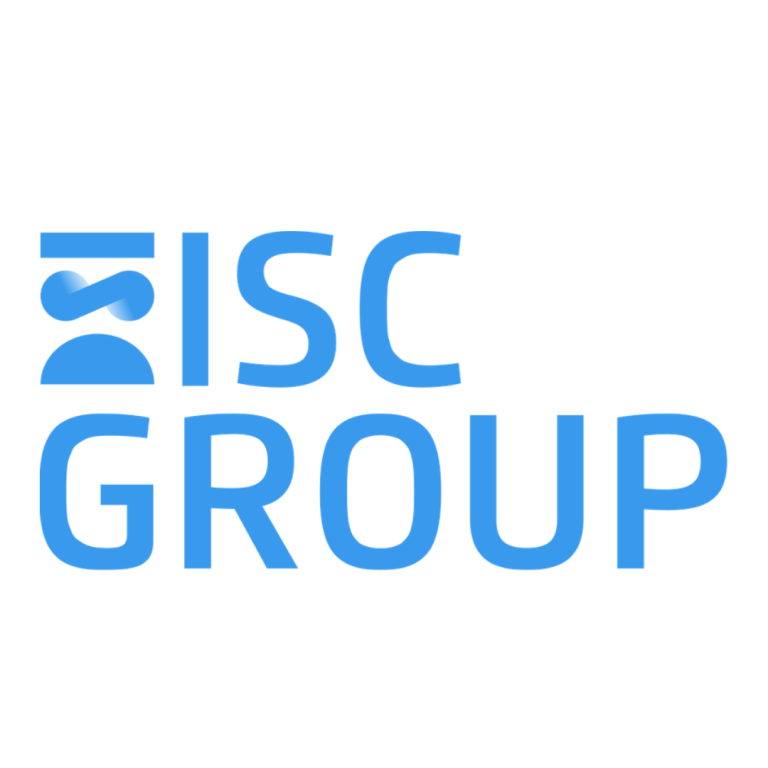
Fit and proper: what’s in store for Boards and Directors
The definition and measure of what is fit and proper is by no means a static concept when constructing an effective Board. This brings with it an ongoing need to adapt the company’s recruitment strategy, selection, retention, and development of iNEDs to meet regulatory scrutiny and market expectations.
Regulatory shift
Consumer Duty regulation has introduced a seismic shift, requiring firms to ‘act to deliver good outcomes’. The looming deadline of 31 July 2024 has only heightened this awareness and the Board’s involvement.
Broadening knowledge
The regulatory focus and repositioning mean that iNEDs must be able to demonstrate a much broader base knowledge and understanding of the business to perform their roles properly. SUP 10C sets out what firms are obligated to validate before and during the employment of their iNEDs, especially if they also assume an SMF position.
However, these days, it is not just about candidates meeting comprehensive standards of conduct and technical competence. It means much more. A good candidate will embrace a systems-thinking approach and possess the right personality traits to be effective in their role.
Persuasive skill sets
To be ‘in demand’ and ‘effective’, any Board member must demonstrate to the firm and their fellow Board members what they offer and how they bring that ‘bit more’. Technical competence is still at the core of any recruitment and frankly remains non-negotiable; however, this competence is assumed. When firms seek out iNEDs, they need to look for individuals with persuasive skills –personality traits and expertise that permeate how they do and see things. For example, any iNED needs to be able to influence, persuade, and lead effectively, encourage innovative thinking, and offer a fresh perspective or solution.
Firms need to be considered BUT bold and recruit from outside of the sector too. This approach can be very effective when emphasising and prioritising customer and member needs. One cannot stress enough the importance of quality discussion and customer-focused thinking by any Board in the 2020s. Jeff Bezos’s practice of keeping an ’empty chair’ at meetings to represent the customer is a practice all firms might like to consider.
In-depth understanding
It remains one of the greatest challenges for any Board to ensure they are integrated into the workings and foundations of the firm. The Japanese concept of ‘Genchi Genbutsu’ or ‘Go See’ is relevant here; this approach encourages Board members to understand the operational realities of the company by observing them firsthand. A similar approach was adopted by Toyota when managers identified inefficiencies on the shop floor by seeing them first-hand. The best thing any Board member can do is to meet and spend time with various stakeholders across the company they represent.
Shareholders, employees, and wider society now all demand a purpose-driven approach for the company. They must have a meaningful purpose and BE NOT JUST FOR PROFIT. Profitability should be viewed as a means to achieve the purpose, not an end in and of itself. It is this role the Board assumes to ensure that the purpose is clear, authentic, and properly communicated.
Expanding responsibilities
Board members are now expected to challenge beyond the traditional areas of their technical expertise and focus on shareholder returns. The remit expands to include concepts of sustainability and fairness, which all need to be framed within the corporate governance and strategy of the company. It is in this remit that the Board can contribute most to the long-term well-being of the company, its people, its value, and its offering.
Board members must understand evolving technologies and their impact on the business; they need to be tech-savvy. Being an IT guru is not a prerequisite, but understanding the role and potential of AI probably is! The Board must ensure good communication and promote difference, encouraging and leading the company with one culture. All these skills are prerequisites if you are fit and proper.
Continuous improvement
Looking ahead, there are several emerging trends and challenges on the horizon for boards and iNEDs – the demand for knowledge is endless.
The company needs to properly invest in their Board to ensure they understand the business they are working for and remain fit and proper. Continuous improvement and addressing inadequate attention and gaps in experience are all necessary developments for any Board. The regulator continues to shape the environment in which firms operate, and with greater expectations placed on Board members to engage strategically with sustainability and purpose-driven agendas, the Board are also under the spotlight and must be able to demonstrate its effective performance.
GreenKite’s commitment
At GreenKite, we believe that by fostering a culture of continuous learning, strategic engagement, and a genuine commitment to sustainability and customer-centricity, Boards can manage the evolving regulatory landscape and drive long-term success for their organisations. Our tailored advisory services are designed to help businesses adapt to these changes effectively and thrive in a complex environment.
For further insights and support, please reach out to our team at GreenKite. We are committed to delivering real value to our clients, people, and partners. Contact us at [email protected] for more information.





